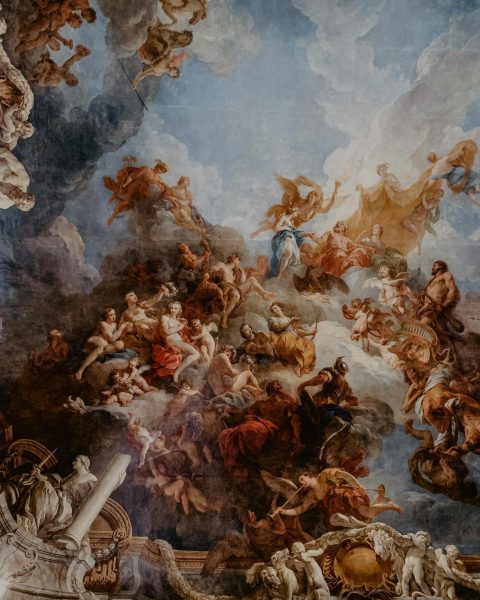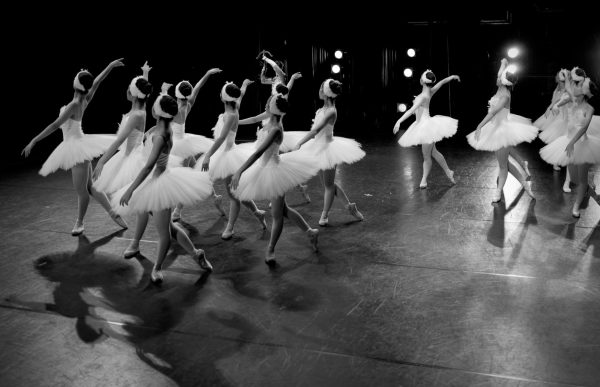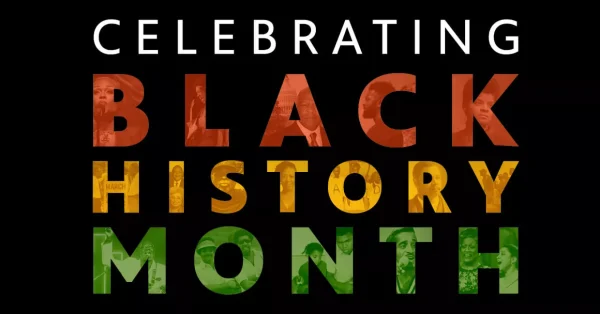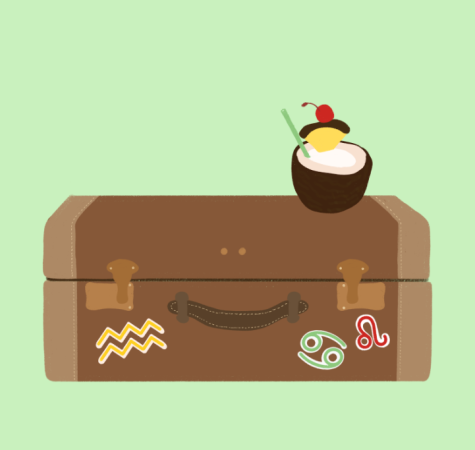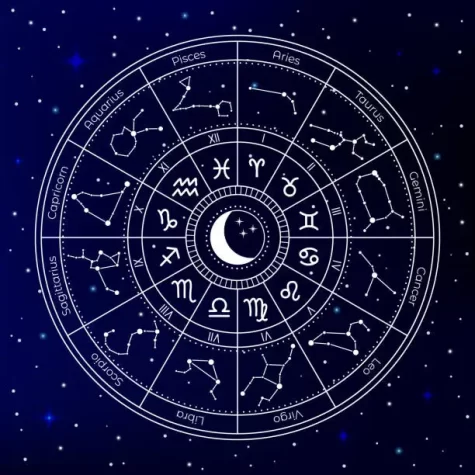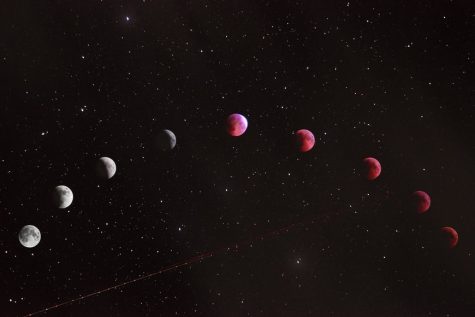An Astrologer’s Rendition: Is it destiny or a scam?
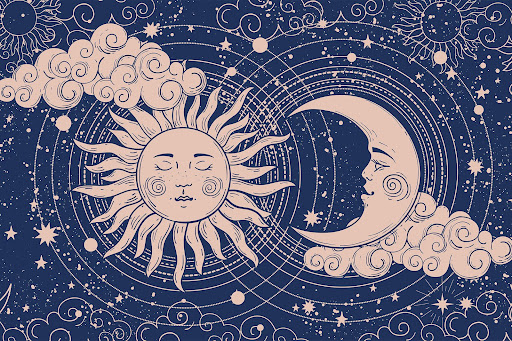
For thousands of years, humans have been telling stories to understand their reality, looking up in the sky for answers. The stars are just one example of the natural world that we have relied on, from the mighty Sumerians and Babylonians to the ancient scholars of the Greek, Egyptian, and Chinese. While Astrology is no longer regarded as a scholarly science, over 70 million Americans continue to study the effect of celestial bodies on humans and read their horoscopes daily.
At least, that’s what the American Federation of Astrologers claims.
Farmers have been using the sky as a calendar since the ancient Egyptians, when the rise of Sirius, the Dog Star, in mid-July was considered a sign of the Nile’s yearly flooding. Many ancient civilizations also used the heavens as a source of mystical guidance. The Venus tablet of Ammisaduqa, for example, is credited with popularizing the notion of using planets and stars to keep a record of where gods were in the sky. This tablet, which dates from the first millennium BC and chronicles Venus’s path, is one of the earliest examples of Babylonian planetary omens. The ancient Egyptians believed that constellations were made up of star patterns that caused the sun to “move” at various periods throughout the year. When Alexander the Great invaded Egypt about 330 BC, it is considered that all of these ideas of astrology came together.
The Concept
Astrology is the concept that celestial bodies, such as the Mars retrograde motion or the stars in the sky during the time you were born, can influence everyday life, personality traits, and predict our future.
A New York City-based astrologer, writer, and host of the podcast Stars Like Us, Aliza Kelly, defines it as “a practice of empathy and a symbiotic bond between the universe and self. Ultimately, astrology is not about destiny; it’s about direction.”
If you’re still confused, “Think of the planets as a cocktail party,” explains Susan Miller, the popular astrologer who established the Astrology Zone website. “You might have three people talking together, two may be over in the corner arguing, Venus and Mars may be kissing each other. I have to make sense of those conversations that are happening each month for you.”
“What’s your sign?” is a conversation starter you probably heard at one point in time, generally eliciting responses like “Oh, I’m such a Capricorn!” or “I can’t stand Virgos!” According to The Atlantic, astrology became a meme in 2018. “While there is still a stigma linked to astrology, it has faded as the discipline has gained a stronghold in internet society, particularly among young people,” the author adds. For example, on social media, astrologers and astrology memes attract thousands of followers, categorizing the signs as squid game characters, your favorite actors, or even cat breeds.
“Over the past two years, we’ve really seen a reframing of New Age practices, very much geared toward a Millennial and young Gen X quotient,” says Lucie Greene, the worldwide director of J. Walter Thompson’s Intelligence Group, which tracks and predicts cultural trends. In fact, Stella Bugbee, the president and editor-in-chief of The Cut, says a typical horoscope and astrology post on the site got 150 percent more traffic than the year before.
Is astrology really about stars–or just the human brain?
The real question is why? Why are humans attracted to these mystical predictions? If you consider that Millennials and Gen Xers have been the most stressed generation since 2010 and more anxious than any previous generation- you can get a hint.
In times of stress, people frequently consult in astrology. Ambiguity about a negative event is actually more stressful than knowing it will happen. In certain ways, the human brain is hard-wired to seek certainty, which is why some people interpret adverse life events and experiences. For instance, astrologers are reporting greater business than expected in the middle of the pandemic.
Astrology can help people feel more in control of complex circumstances by offering meaningful interpretations and creating their own reality. It can also give individuals hope for the future, offering them immense comfort and alleviating their anguish. “Let me state first that I consider astrology a cultural or psychological phenomenon, not a scientific one,” explains Bertram Malle, a social cognitive scientist at Brown University. But “full-fledged astrology”—that goes beyond newspaper-style sun-sign horoscopes—“provides a powerful vocabulary to capture not only personality and temperament but also life’s challenges and opportunities. To the extent that one simply learns this vocabulary, it may be appealing as a rich way of representing (not explaining or predicting) human experiences and life events, and identifying some possible paths of coping.”
Because our brains are hard-wired to hunt for patterns, astrology might be seen as credible. When two unconnected or random occurrences occur, our mind often tries to find a link – even if there isn’t one to be found. A very similar result may be seen in the field of astrology.
This phenomenon is known as “subjective validation,” and it happens when two unconnected or random occurrences are believed to be connected due to a prior belief or expectation that “demands” a connection. So you read a horoscope and it predicts that something terrible will happen to you. Whenever something coincidental happens, you blame it on the horoscope you just read.
Astrology provides consolation to individuals in distress by allowing them to envision a brighter future, a constant reminder of the clichéd adage that is difficult to remember while you’re in the midst of it. If stress makes astrology seem more enticing, it’s no surprise that more people gravitate to it. Whether we can accurately define our personalities or forecast life events based on a horoscope column has yet to be demonstrated through this raging war of true or false. Something we can all agree on, as Aliza Kelly puts it, “Everyone is on a different orbit, but we’re all going through the same cycles.”
